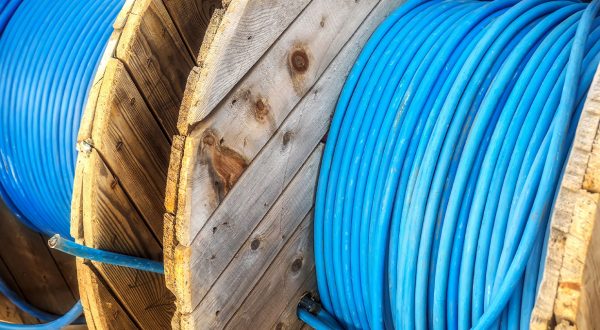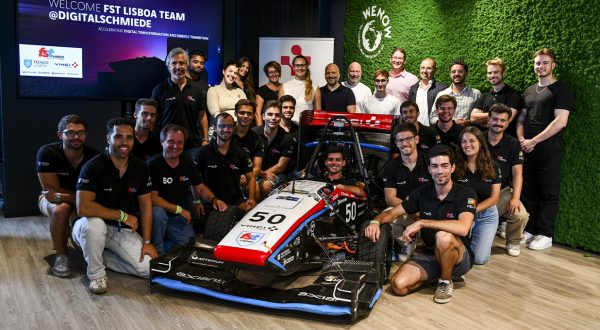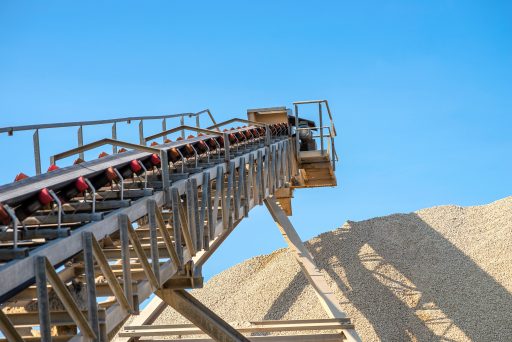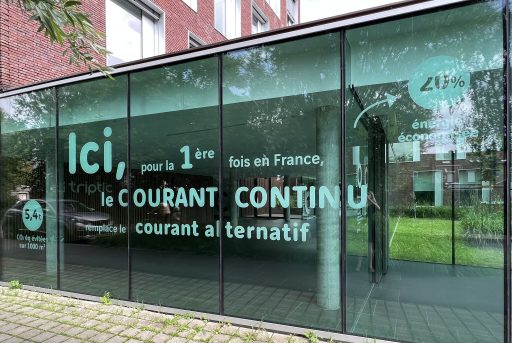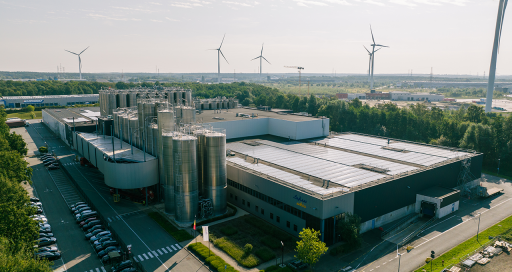Rouen paves the way for the refuelling station of the future
Reading time: 4 min
As part of its smart mobility project, Métropole Rouen Normandie has asked VINCI Energies to devise and design the refuelling station of the future, aimed at delivering green hydrogen.
![]()
In 2019, Métropole Rouen Normandie (a public body for intermunicipal cooperation in the Normandy region) was selected for its “Rouen smart mobility for everyone” regional innovation project* under the French government’s Investments for the Future programme. Among the five focus areas that were settled on for devising future mobility options in the capital of Normandy, one involves designing the refuelling station of the future. Teams from VINCI Energies, with the support of the Omexom brand, have been selected to devise and develop this new facility.
“We are holding talks with local partners so as to find other users for the refuelling station.”
“Initially, the project aims to develop a solar power plant and a facility to produce and distribute green hydrogen, which will be used to power three buses in the city, with an estimated consumption of 90kg H2/day. A gradual increase in this amount will subsequently be considered,” explains Benjamin Carnerero, technique and innovation project manager at Omexom. This innovative project will help reduce greenhouse gas emissions, compared with levels produced by conventional buses.
The cost of the facility is estimated at €6 million, with one-third of the total being financed by the Caisse des Dépôts financial institution and the remaining two-thirds by private partners including SunMind, a VINCI Concessions specialist in the development and financing of photovoltaic self-consumption projects.
“The goal is to supply an electrolyser with low-carbon electricity, which would be generated on site by the solar farm or purchased from producers of green power,” notes Carnerero. Excess electricity produced by the solar farm, comprising ground-mounted systems and solar canopies, will be fed back into the power grid.
As well as designing and building the solar facility, VINCI Energies, in its role as EPC (Engineering, Procurement and Construction) contractor, will also install the electrolyser and refuelling station.
Opening up the circle of partners
The economic balance point of the project, however, requires a certain volume of hydrogen production to be achieved, in other words in the order of 400kg H2/day. On average, a bus consumes around 30kg H2/day. The three buses in the Rouen area will therefore not be enough at the beginning to make the project viable. “That’s why we are holding talks with local partners so as to find other users for the refuelling station. VINCI Energies clients, for example, or professional captive fleets in the region,” stresses Carnerero.
The role of these partners is to support future users in a low-carbon mobility drive at a time when new hydrogen commercial vehicles such as Renault Kangoo and Master Z.E. Hydrogen are coming onto the market and when Peugeot and Iveco, in particular, are getting ready to launch their own models.
Sizing studies for the Rouen solar plant and hydrogen station are under way, with a view to having the business plan approved by investors by the end of 2020. Works should start in the first half of 2021.
* Part of the TIGA “Territoire d’innovation de grande ambition” initiative
19/11/2020

